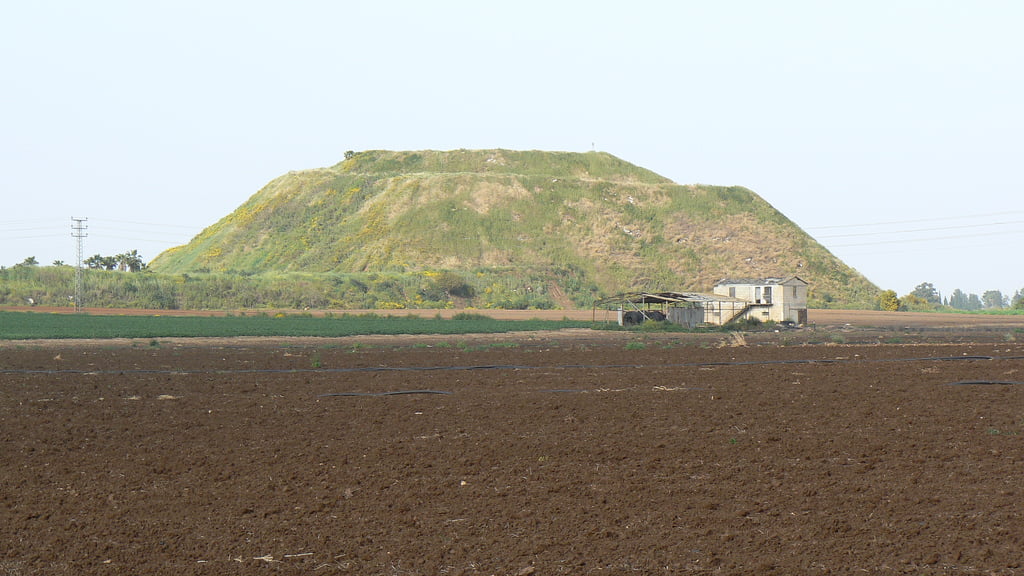It was only recently that Israel recognized the need to clean up the many sites where garbage has been dumped and land has been polluted by industrial use. Ground pollution has also held up many residential development projects and parks, including some areas of the country where housing is in high demand. Earlier this month Israel’s Ministerial Committee for Legislation gave its support for a proposed law designed to clean up polluted land and prevent future ground pollution.
If the Knesset, Israel’s Parliament, passes the bill, it may lead to a framework that would be the first of its kind providing financial incentives to expedite the clean-up of polluted sites. In data provided by the Environmental Protection Ministry in advance of the ministerial committee meeting on the bill, 3,000 sites were singled out as locations where ground pollution is suspected, involving thousands of dunams of land.
The ministry says there are probably another 20,000 such sites, and estimates the cost of conducting a survey of potential polluted sites and their clean-up could reach NIS9 billion ($2.45 billion.) The financial return from rehabilitating the sites is huge, however. The clean-up of all them would result in a collective increase in the value of the sites and surrounding property of NIS35 billion ($9.5 billion,) it is estimated.
The proposed legislation would impose an obligation to survey for ground pollution and to clean up any pollution found on the polluters themselves, even if they no longer own the land. The land registrar would be given the authority to note the presence of pollution on specific parcels in the land registry, and the notation would be removed when the pollution is cleaned up. Parties with an interest in polluted land or land when the duty to conduct a survey has arisen would be required to notify potential buyers or lessees of the condition.
If it is found that land leased from the Israel Lands Administration is polluted when it reverts back to the ILA, the cost of the clean-up and the drop in the value of the land would be charged to the lessee. The state would be entitled to charge fees and fines under the proposed legislation, and those proceeds would be put in a special fund for land clean-up.
The fund proceeds would be used in part to provide grants and loans to individuals required to restore polluted land.
…
To read the whole story click here
Via www.haaretz.com
Photo By Amir Yalon
Related posts

Resilient And Nutritious New Plant-Based Milk Aims To Make A Splash

Chocolate From Cultivated Cocoa Comes Without Environmental Toll

Plastic Fantastic: Startup Takes PVC Back To Its Crude Oil Roots




Facebook comments